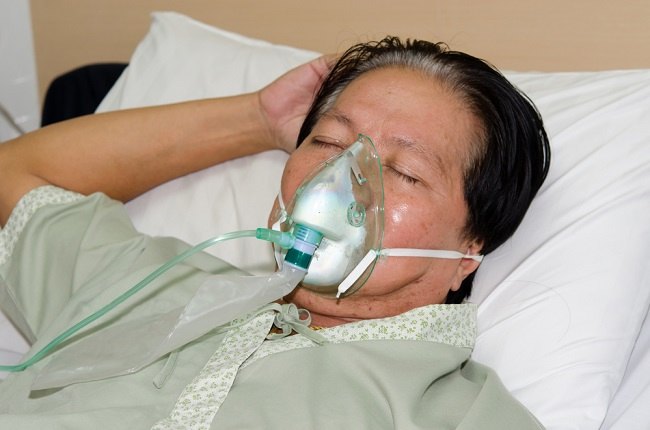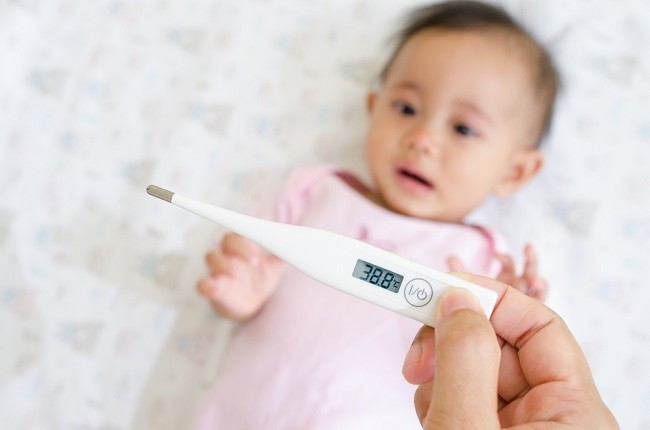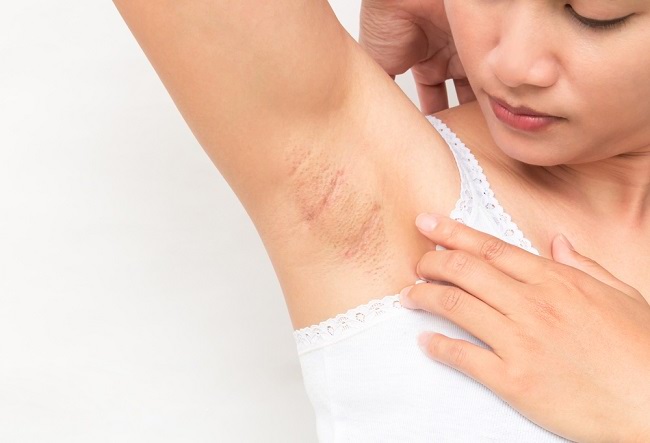Shopping can be said to be an exciting and exciting activity. However, don't let you get addicted to shopping. This addiction is often associated with anxiety, depression, and various negative emotions. Besides, shopping addiction too can cause a variety of problems, including in domestic relationships as well as financial condition.
Shopping addiction can also be referred to as compulsive buying disorder (CBD) or compulsive shopping disorder which can be defined as an irresistible desire to buy things in excess, which can have a negative impact on families and finances.

Understanding the Signs of a Shopping Addiction
It is possible that someone who is addicted to shopping does not realize this is happening to him. To identify whether you are a person who is addicted to shopping or not, here are the signs of a shopping addiction that you need to know:
- Shopping only aims to relieve stress.
- Obsessed about buying things every week or even every day.
- Always spend a lot of time looking through stuff
- Feeling very excited after buying something.
- Spending funds beyond the nominal limit of a credit card or financial capacity.
- Always buy things that end up not being used.
- Feeling guilty after buying a lot of things, even though you keep shopping again the next day.
- Experiencing difficulties in the future due to wasteful shopping in the past.
Another dominant sign of people addicted to shopping is that they prefer to shop alone rather than with friends or family, so they don't feel embarrassed when buying goods.
How to handle it?
Handling shopping addiction can be done according to the severity and source of the problem. Here are some steps you can take to relieve addiction:
- Relatives, spouse, or close friends need to help take control of your spending.
- Get counseling and psychological therapy so you can learn to control your urges and identify triggers for your shopping addiction.
- Addicts can learn about managing their finances and learn to adopt a healthy shopping style.
Don't let a supposedly pleasurable shopping habit turn into a risky shopping addiction. If you or someone close to you is experiencing symptoms of a shopping addiction, don't hesitate to consult a psychologist or psychiatrist to get the right treatment.









